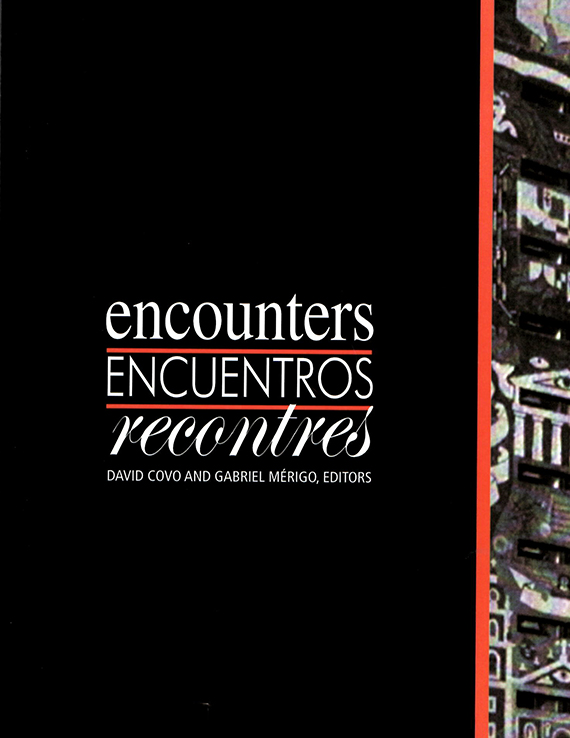Author(s): Patricio Del Real
The study of the informal as presented in illegal settlements is not a typical subject of inquiry for architects. The examination of these forms and practices that developed because of modernity are generally relegated to planning and development fields. I believe that the favelas, ranchos, tapancos, chabolas, callampas, barbacoas are an architectural challenge; they are a question rooted in modernity. How this formal and social bricolage responds to legal and economic codes that carve space is disregarded. How self-management disarticulates the official process of building, central to all architectural practice, remains distrusted. Because of the fundamental opposition between formal and informal, architects refuse the significance of contemporary forms of the vernacular. The barbacoas of Havana, Cuba, perform a fragmentation of space that allows for its new assembly. The inhabitants construct community through the act of building, and in doing so they change the general structure of society. The Revolutionary government’s attempts to institutionalize, incorporate, eradicate and control self-construction exhibits the power that this activity has in building community. Yet these expressions remain under official views circumscribed to general planning and policy issues; they remain undervalued, distrusted, illegal. The interaction between this community and the government presents a unique dialectic between formal and informal processes that reveal the way in which marginal communities build place. The capacity of the barbacoas to create a new spatial grammar, a living spatial language, transforms them into sites of independence, into autonomous zones where the population creates an independent and self-realized community.
Volume Editors
David Covo & Gabriel Mérigo Basurto
ISBN
0-935502-57-2

 Study Architecture
Study Architecture  ProPEL
ProPEL 
